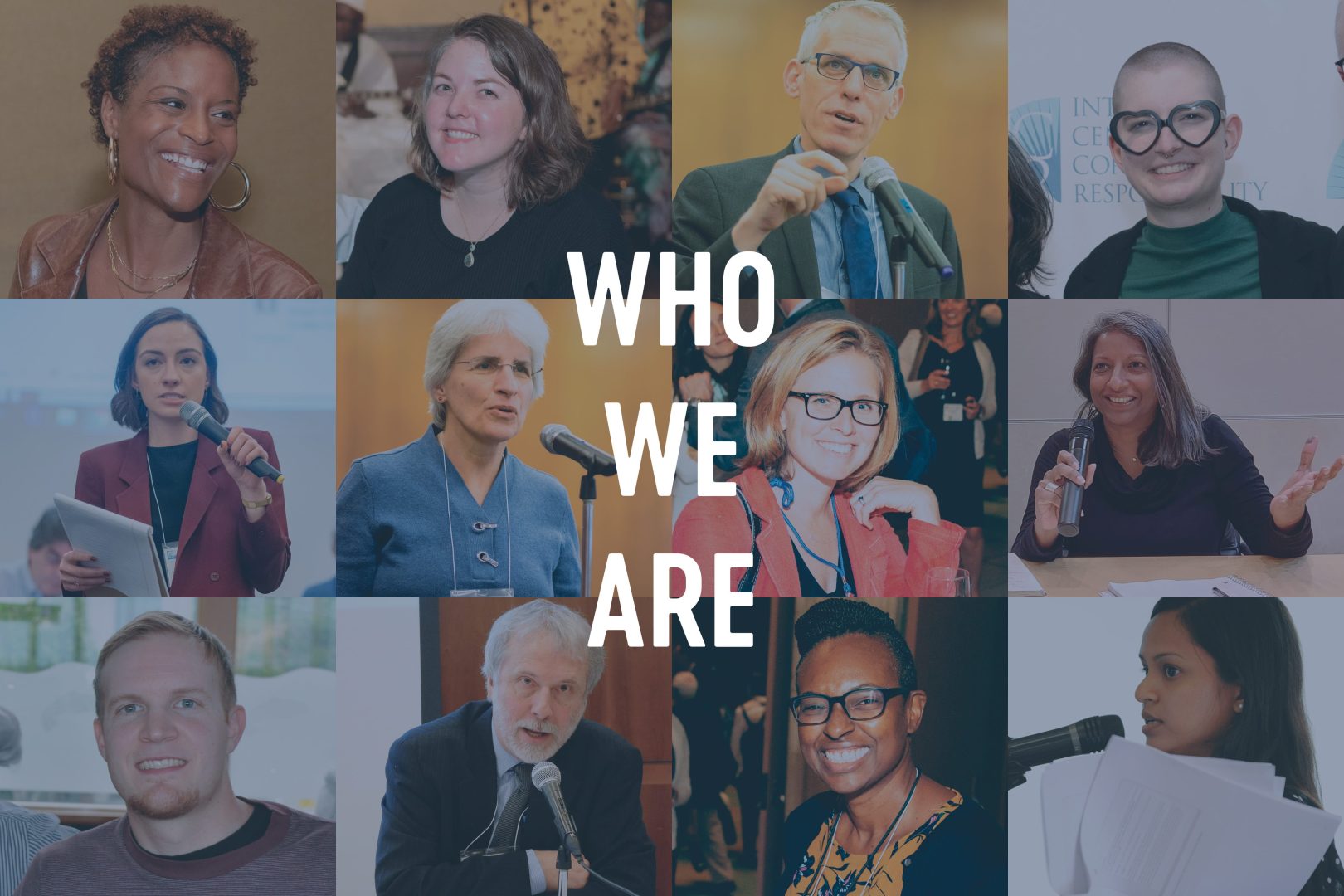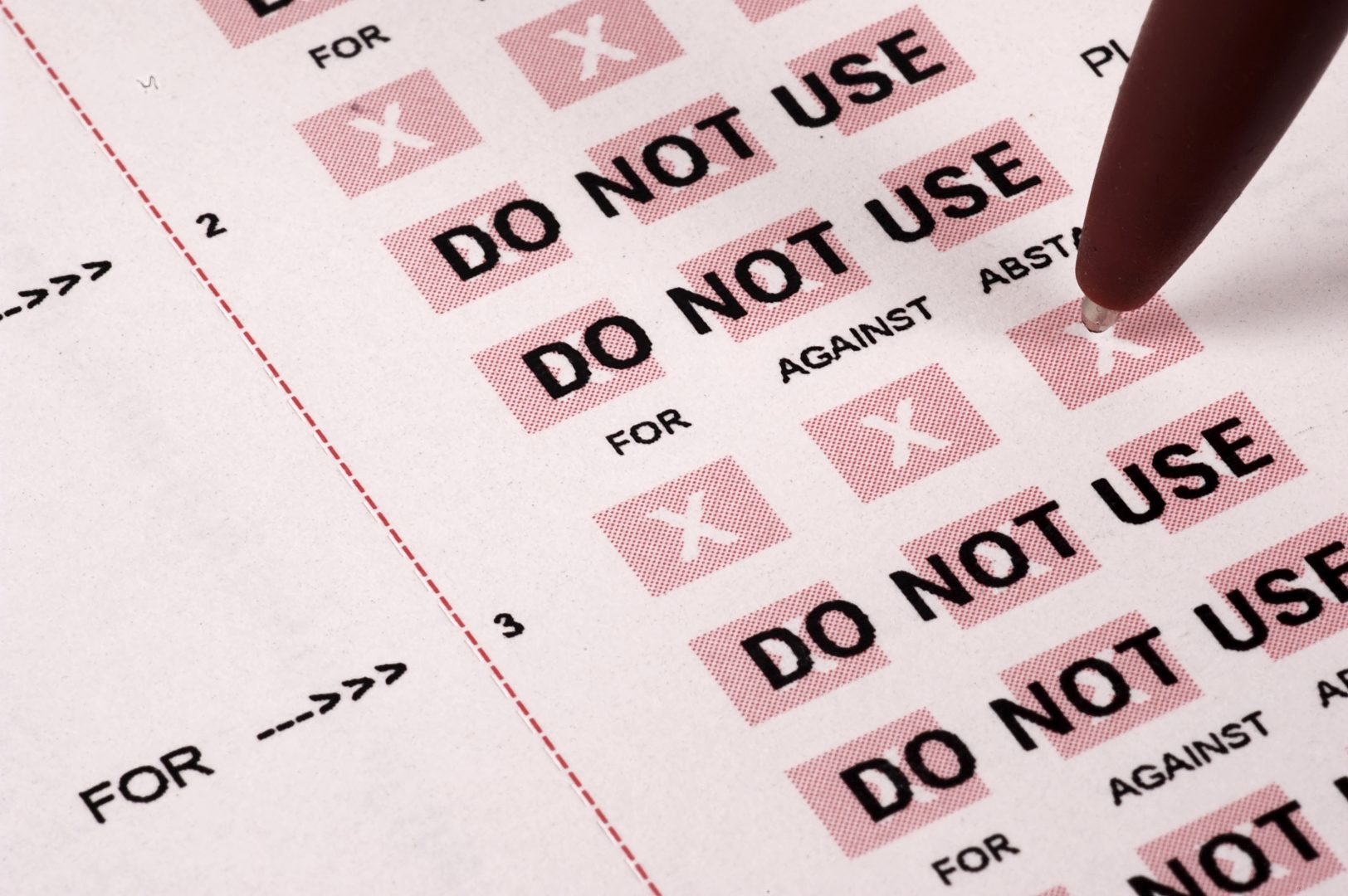Resolution Details
Alphabet, Inc.
2024
Human Rights & Worker Rights
Children, Data Privacy/Cyber Security, Human Rights Due Diligence, Human Rights Policy Implementation, Human Trafficking/Exploitation, Pornography, Product Safety, Sex Trafficking
Filed
Resolution Text
Whereas: The internet was not developed with children in mind. Social media impacts children’s brains differently than adult brains. It also poses physical and psychological risks that many children and teens are unprepared for, including sextortion and grooming, hate group recruitment, human trafficking, cyberbullying and harassment, exposure to sexual or violent content, invasion of privacy, self-harm content, and financial scams, among others.
YouTube and parent company, Alphabet, have faced numerous problems associated with its content moderation and platform design principles, which have proven to be particularly harmful for children and more vulnerable groups.
Child Sexual Abuse Exploitation – YouTube is often noted as a primary online channel for grooming and coercion, livestreaming, and housing Child Sexual Abuse Exploitation (CSAE) material. In Tanzania, total online child sexual exploitation and abuse-related offences on YouTube increased by 50% between 2017 and 2019.1 YouTube was found to be among the primary platforms reported by children who were offered money or gifts in return for sexual images or videos in Thailand (60% of incidents occurred through YouTube), Kenya (24%2), and Uganda (12%3). Traffickers in certain industries used YouTube to recruit and interact with those eventually trafficked.4
Children’s Data Privacy – Alphabet has faced legacy issues stemming from YouTube’s record $170 million fine5 paid to the Federal Trade Commission response to allegations that YouTube illegally harvested children’s data.
Legislative Risk – There has been significant regulatory and legislative action to hold online platforms accountable for their content. The new European Union’s Digital Services Act will make identifying, reporting, and removing child sexual abuse material mandatory.6 The United Kingdom’s Online Safety bill aims to keep internet users, particularly children, safe from fraudulent and harmful content. The United States’ proposed Kids Online Safety Act of 2023 enjoys public and bipartisan Congressional support and advocates for social media platforms to introduce accountability metrics and regular audits to prevent “child risks including suicide, eating disorders, substance abuse, sexual exploitation, and advertisements of illegal products.” 7
We commend Alphabet for taking steps to protect against these risks the past year by updating its Google Family website, introducing Legislative Framework to Protect Children and Teens Online8, increasing team capacity by hiring a Child Safety Manager, and beginning to consider integrating children’s safety into design principles of products and services. However, these policies point heavily to parental discretion and “individual choice” and fall short of fully protecting the Company’s exposure to well-documented risks of harmful content getting through YouTube’s platform. Furthermore, Alphabet does not have performance targets linked to children’s online safety for investors and stakeholders to judge the effectiveness of Alphabet’s content moderation tools and assess compliance with emerging regulatory standards.
Resolved: Shareholders request that, within one year, the Board of Directors adopts targets and publishes annually a report (prepared at reasonable expense, excluding proprietary information) that includes quantitative metrics appropriate to assessing whether YouTube/Alphabet has improved its performance globally regarding child safety impacts and actual harm reduction to children on its platforms.
1 https://www.end-violence.org/sites/default/files/2022-03/DH_Tanzania_ONLINE_final_revise%20020322.pdf
2 https://www.end-violence.org/sites/default/files/2021-10/DH%20Kenya%20Report.pdf
3 https://www.end-violence.org/sites/default/files/2021-11/DH_Uganda_ONLINE_final%20Report.pdf
4 https://polarisproject.org/wp-content/uploads/2018/08/A-Roadmap-for-Systems-and-Industries-to-Prevent-and-Disrupt-Human-Trafficking-Social-Media.pdf
5 https://archive.ph/fhUug
6 https://www.consilium.europa.eu/en/policies/prevent-child-sexual-abuse-online/#rules
7 https://www.young.senate.gov/imo/media/doc/kids_online_safety_act_one_pager.pdf
8 https://static.googleusercontent.com/media/publicpolicy.google/en//resources/youth-legislative-framework.pdf




